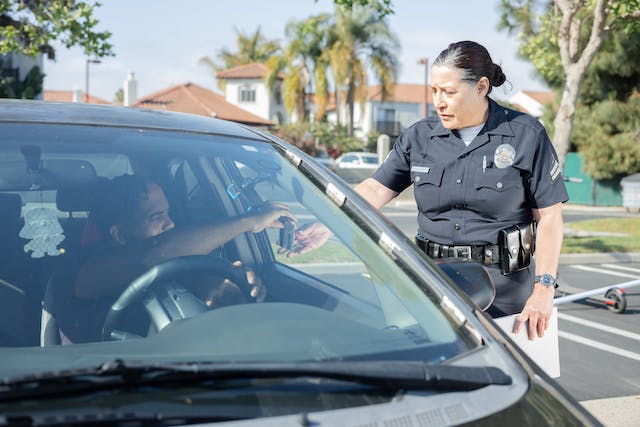For owners of classic and collector cars, ensuring these prized possessions are adequately insured is pivotal. Contrary to popular belief, these unique vehicles need a little more than just a mundane auto insurance policy to ensure their optimal protection. Various vagaries may arise with such collectibles – from market value fluctuations to rare part replacements – and as such, an effective insurance policy catering to these specificities is non-negotiable. This article promises instructions and advice tailored to classic and collector car insurance and aims to help you effortlessly navigate this niche insurability realm.
A Detailed Exploration on Classic Collector Cars Insurance
The uniqueness and value of classic and collector cars pose a specific demand on the insurance sector. This article outlines various benefits and recommendations for insuring classic and collector cars.
Understanding the Special Insurance for Classic and Collector Cars
- A regular auto insurance policy may not cover the full value of your classic car. It is necessary to opt for a specialized classic car insurance policy.
- Classic car insurance policies are often based on an agreed value. Both the owner and the insurer agree upon this value at the time of policy purchase.
Determining the Eligibility of a Classic Collector Car
- Not all old cars meet the criteria to be termed a ‘Classic’ or ‘Collector’. Insurers often have specific criteria for a car to qualify – age, rarity, value, etc. affect this eligibility.
- Typically, cars at least 15 to 20 years old with a certain appreciation in collector’s value may be considered a ‘Classic’ car.
Key Suggestions for Classic Car Insurance
- Ensure your insurance policy includes the cost of road-side assistance, especially for classic car-specific services.
- Choose an insurance policy that provides the flexibility of choosing your repair shop.
- Verify whether your policy covers spare parts and if it does, ensure that the cost coverage meets the price of the rare and likely expensive parts.
Understand Usage Policies
- Insurers often impose restrictions on how often or how far you can drive a collector’s vehicle. Additionally, some insurers may dictate where or when you can use the car.
- These restrictions could greatly influence your coverage costs and validity.
Qualifying for Coverage Discount
- Insurers usually provide discounts for vehicles stored in fully enclosed, secure structures when not in use.
- Multiple vehicle discounts may be available if you own multiple classic cars.
Conclusion
The ownership and maintenance of classic and collector cars require specialized insurance policies that are fitting of their unique value and requirements. These tips in this write-up can assist collectors in ensuring their precious assets are effectively covered.
Key Points
- Classic car insurance varies from traditional car insurance as it takes into consideration the unique value of these vehicles, which often appreciate over time.
- It’s important for collectors to accurately gauge the worth of their cars with the help of experienced appraisers, as this impacts the insurance coverage amount.
- Collector car insurance policies vary, but most offer superior coverage options for less cost as compared to standard auto insurance. Such policies often have stipulations, like restricted mileage limits and storage requirements.
- The decision to include a deductible in your policy can help lower insurance premiums but it means paying out-of-pocket in case of minor accidents.
- Choosing an insurance provider with experience in classic and collector cars is ideal. They are more knowledgeable about the specific needs and values associated with these vehicles.
In conclusion, protecting your classic or collectible vehicle involves more than basic insurance. Obtaining the right valuation, understanding the terms of the policy, knowing the mileage limits and storage requirements, including a deductible, and choosing a reputable insurance company are vital steps in securing your automobile investment.


